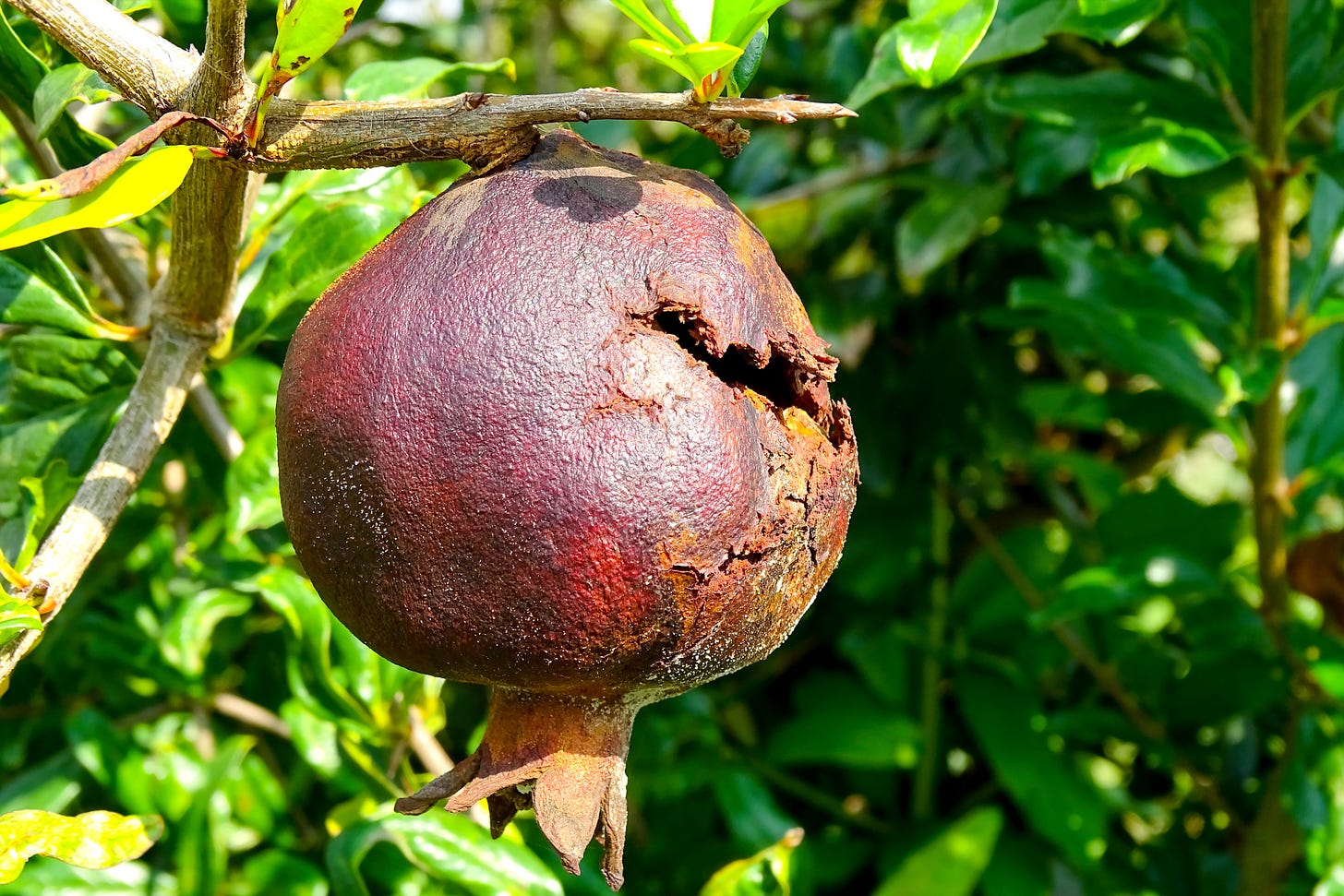Making Aliyah is not for the faint of heart. It’s a journey that comes with both immense rewards and significant challenges. It also requires both resiliency and commitment.
Some people make Aliyah with the feeling that they’ve stepped into utopia, believing that Mashiach has arrived alongside them. The initial excitement can feel like a spiritual high, but reality sets in quickly. Living in Eretz Yisrael is not the same as being a tourist—it’s a complex, day-to-day experience that demands more than just a love for the land.
The truth is, while there are incredible advantages to living in Eretz Yisrael—that’s the very reason we are here—it also comes with its fair share of difficulties. This is something Rav Moshe Dovid Vali addresses right at the beginning of his peirush on the parashah. He reminds us that:
One should not think that with their arrival in Eretz Yisrael, their tikkun is complete, and they will now live in perpetual bliss and harmony. This might have been the ideal, but following the sin of the Golden Calf, everything became entangled—the good mixed with the bad. Thus, the journey of tikkun must continue, especially now that we are here.
This ongoing tikkun reminds us that the work isn’t finished upon arrival; rather, it’s just beginning. Only at the end of days, after enduring numerous processes of tikkun, will it be complete. Only then will we experience the full peace, prosperity, bliss, and harmony that Eretz Yisrael promises.
For now, living in Eretz Yisrael is composed of elements of both blessing and challenge. Our goal is to magnify the blessings while minimizing the curses. The parashah guides us on how to achieve this balance, detailing that blessings come when we keep the Torah and listen to God, while curses arise when we stray, particularly through idolatry.
Rav Vali elaborates on this point, explaining that for the Shechina to truly rest in our land, all forms of Tumah and Avoda Zara must be eradicated. Importantly, this isn’t just about the physical destruction of idols; it’s about purging the internal elements of idolatry that may linger within.
Today, as we live in Eretz Yisrael, we feel the blessings of the land, but we also encounter the lingering curses. It’s not just the physical presence of idols that concerns us, but the more subtle forms of idolatry that can infiltrate our lives—anything that diverts our full focus from Hashem and our purpose in this holy land. This struggle isn’t new; it’s been ongoing since our ancestors first set foot here, as recorded throughout Nach.
The Naharei Eish explains1 that the challenge wasn’t simply the literal worship of idols; these were Jews who were very careful in their observance of mitzvos, even the minor ones. Yet, their actions suggested a lack of complete dedication to Hashem and that subtlety made all the difference in whether the Shechina could fully reside among them.
In our times, Avoda Zara has broadened to encompass anything that is a toeva (abomination) to God—or at least what we perceive to be so. This isn’t something to dismiss lightly; it requires serious self-reflection and action.
Living in Eretz Yisrael provides us with a unique opportunity to accelerate our tikkun, but to truly seize this opportunity, we must move beyond political correctness and diplomacy to confront the Avoda Zara in our midst—whether that’s the allure of technology, materialism, or any other distraction. And of course, this doesn’t mean acting unlawfully or destroying public property; it’s about internal vigilance and communal responsibility.
Sometimes, we see others engaging in behaviors that don’t align with our values, and we choose to look away, hoping someone else will address it. Other times, it’s our own actions that don’t quite measure up, and we excuse ourselves, thinking it’s not a big deal or that no one will notice. But each small lapse contributes to the greater challenge of bringing the Shechina back to its rightful place.
During this critical time, when we are all yearning for bracha and we keep looking over our shoulders for signs of Mashiach, let’s each take on something—big or small—that will signal our total commitment to Hashem. It could be avoiding a particular distraction, making a positive change in our environment, or constructively encouraging those around us to align more closely with our shared values. By eradicating these modern forms of idolatry from our land, we can help turn off the faucet of curses and unleash the full flow of bracha.
This struggle has defined the Jewish journey in Eretz Yisrael for generations. Let’s be the ones who finally turn the tide and make our land a fitting home for the Shechina once more.
Ma’amar 2 — shared with me by a fellow member of the Baker Street Irregulars WhatsApp group.






Thank you for helping me keep focused.